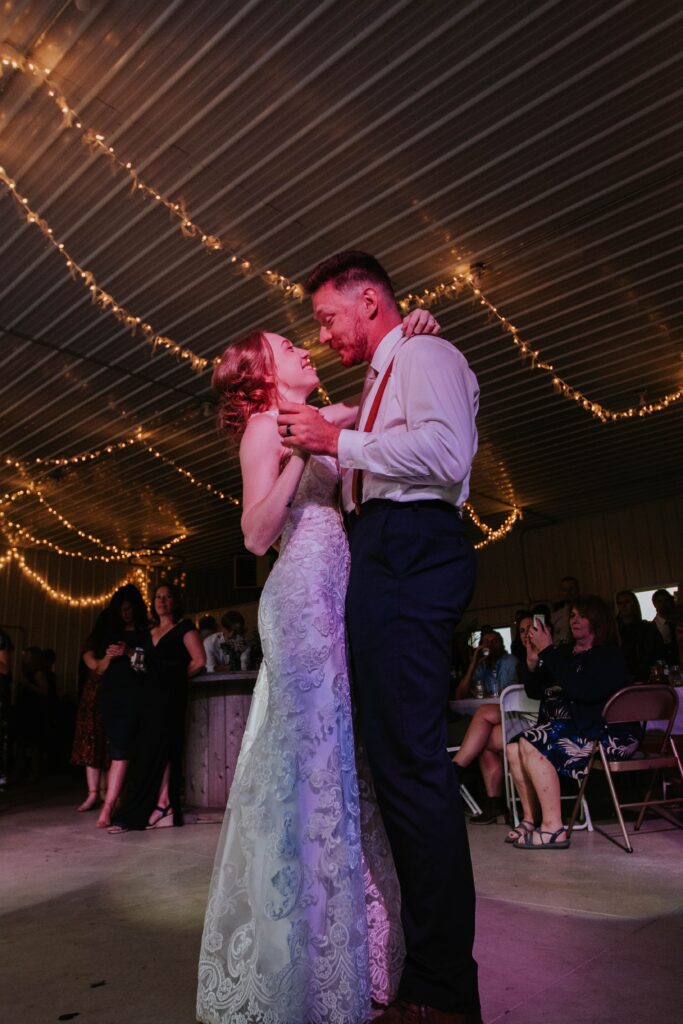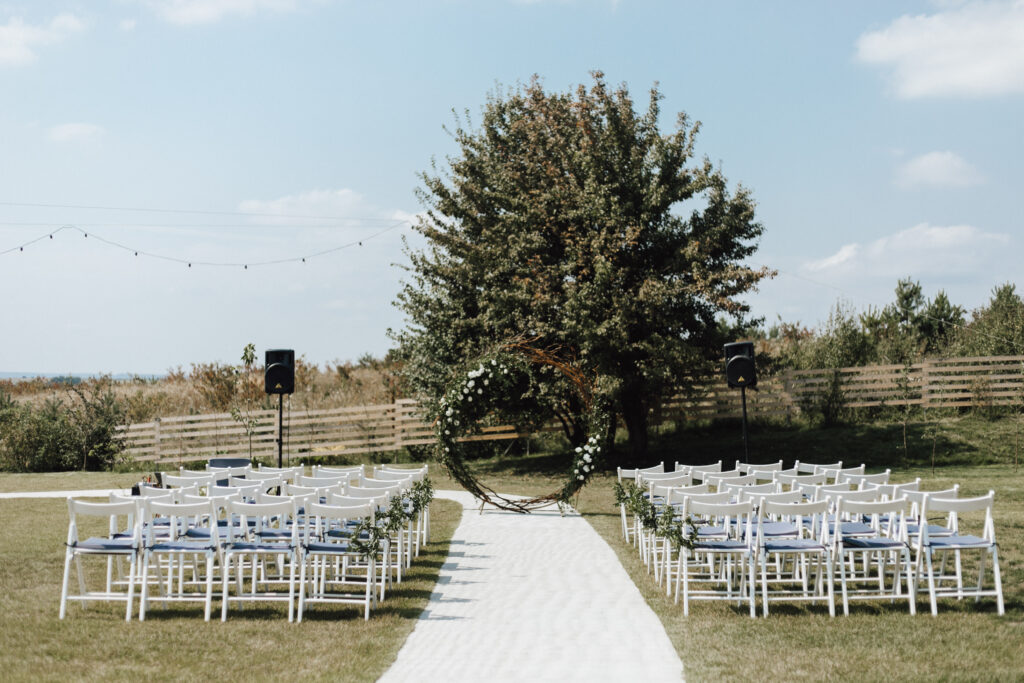How to Plan your Wedding True to You
I usually try to keep things fairly light with my posts. This time though, I’m going to dive in a bit deeper. To be transparent, I am a recovering people pleaser. There have been many, MANY times in my past where I made decisions based on the fact that I didn’t want to make someone else feel bad. I’m not talking about purposely and intentionally setting out to hurt someone’s feelings. This is more like thinking or assuming someone will be hurt by my decision when in all reality, it is not my responsibility for their reaction if I’m being true to myself. I have seen this played out with others when planning their big day or event. This is my post on how to make sure you are planning for you and your partner, not anyone else.
The personality trait of “people-pleasing” can significantly impact wedding planning in various ways. When someone who tends to prioritize others’ needs and desires over their own is planning a wedding, it can lead to several challenges and considerations:
Difficulty Making Decisions
People-pleasers may struggle to make decisions that reflect their own preferences, often deferring to what they think will make others happy. This can make it hard to choose things like the venue, menu, and even the guest list. In my previous blog post about creating your guest list, I have suggestions on how to prioritize your list and invite those who mean the most to you and your partner.
Increased Stress and Anxiety
Trying to accommodate everyone’s wishes and opinions can be overwhelming, leading to increased stress and anxiety. This is especially true for weddings, where there are often many differing opinions from family and friends. Others may mean well when they offer “suggestions” or opinions. It is 100% ok to thank them and go a different route.
Budget Concerns
People-pleasers might overspend in an effort to ensure that every aspect of their wedding meets or exceeds guests’ expectations, potentially leading to financial strain. Remember, less is more! No one is going to notice if you don’t have clear fingernail polish available for them in the bathroom or every guest gets a can koozie.
Risk of Losing Personal Touch
In trying to please everyone, the wedding might end up reflecting the tastes and preferences of others more than those of the couple. This can lead to a wedding that feels less personal or authentic to the couple’s own story and style. I recommend you watch the movie “Bridesmaids”.
Conflict Avoidance
People-pleasers often avoid conflict, which can be challenging during wedding planning when difficult conversations are sometimes necessary (for example, discussing budget limits with family members who have their own ideas about the wedding). Unless you’re trained in conflict resolution, I feel like everyone avoids conflict to some degree. Having these hard conversations in a kind and respectful way is not as bad as you think!
Difficulty Saying No
From guest list additions to unsolicited advice on wedding details, people-pleasers may find it hard to say no, even when requests or suggestions don’t align with their vision or budget. This one hits hard with me personally! Saying no used to feel so mean but trust me when I say it gets easier. As Brene Brown says, “Clear is kind.” Set your boundaries and stick with them.
Potential for Post-Wedding Regrets
After the wedding, people-pleasers might look back and regret not making choices that were true to themselves and their partner, feeling that the event didn’t fully capture their essence as a couple. This is especially tough if it’s a major decision like having someone in your wedding party out of obligation so you left out a really good friend or spending too much on the venue because that was where you were told you “had” to have it.
To mitigate these effects, it’s important for people-pleasers to practice setting boundaries, openly communicate their desires and limitations, and remember that the wedding is a celebration of their love and should primarily reflect their wishes as a couple. Seeking support from a wedding planner, counselor, or supportive friends and family can also be beneficial. This is YOUR day and you should be able to look back on it without regret or resentment.
* soapbox dismount *
Remember, less is more
~ Melissa



